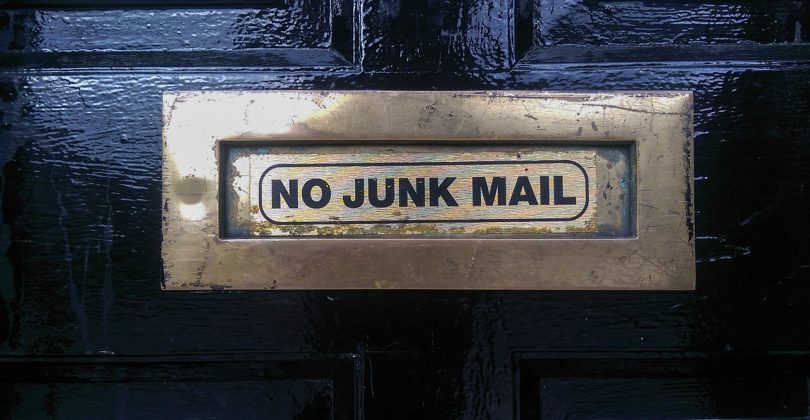I’ve been receiving some irritating spam recently in my email inbox and also through LinkedIn. It goes something like this:
“Hi (or Hi, thanks for connecting (that’s LinkedIn). Let me tell you about my great thing – want to buy it / come to it / attend the webinar?”
So it’s straightforward, hit me with a pitch, it’s a bit clumsy but no real crime. I don’t mind people marketing. It’s the next bit that irritates. After a couple of days I get…
“Hey, you haven’t responded, I sent you a message asking if…”
And I think, get lost! I don’t owe you a response to your stupid spam.
Sometimes, there’s a third sulky message:
“I’m going to assume you’re not interested”.
And I get cross – we haven’t even spoken or met and I’ve never expressed interest so I don’t feel like they’re entitled to demand a response to their automated spam email.
Is email marketing effective for trades businesses?
Now, I understand it’s just marketing and I’m being a bit precious and it might work on people who are interested (and it might not, too).
Here’s the thing — don’t do it! It’s pushy and it’s rude and it doesn’t set up a good relationship — you’ve started by being rude and it feels like you’ll continue. I never want to be their friend after this kind of message – your customers won’t either. If you want to send a grumpy message about someone not responding to your legitimate message, go ahead and be grumpy or offended. But you’ve got no right to be offended if someone doesn’t respond to your spam. It’s spam.
Email is not a good way to start a relationship (even a marketing relationship) — spammers are people who send unsolicited emails and everyone hates them.
Email is good for maintaining a relationship with your customers or your potential customers — someone who’s come to you (or your website) and gave you their email address.
For a trade business, it has limited application, in my opinion.
Email is good when people want to read emails (or watch your videos) when you’ve got stuff to say that’s interesting or useful for your customers.
For my business, email is useful because the service I’m selling (business coaching for trades business owners) is about teaching you stuff and stuff you want to learn – marketing, and sales, how to grow and scale your business (I hope it is, anyway).
But that’s not true so much for a trade business, is it? Your customers need you to do things not teach them things and the how you do that isn’t of interest to them.
So regular emails from a trades business are not interesting to read.
In my opinion, relationship marketing using email for a trade business is a waste of your time and money, and you’d be better to spend it elsewhere instead.
The point of (email) relationship marketing (actually, all relationship marketing) is to be in their face a little bit so that when they need your trade, your business gets the call.
If they don’t need or open your emails (because pictures of someone else’s house or fence is not that interesting), it’s not going to do that, isn’t it?
So you’d be better to spend your marketing money on different types of relationship marketing. If you join my program, of course, you can learn it properly in full detail so you can go and get it happening.
When to use email marketing
There’s an exception to this. There are times when emails about what you do and how good you are are of interest to people, and that’s when they are considering you for their project.
When they’ve come to your website as a result of your marketing, they are receptive to emails explaining or proving why you’re good and what’s in store for them if they choose your business.
I call this ‘short-term relationship marketing’ and it’s great for project trades businesses like builders and pool builders.
When people come to your website, you offer them a free download in return for their email and you send them a series of useful emails over the next four weeks.
You’re warming them up to your business while they’re interested — worth the investment.
For now, spend your money on different marketing — you’re a trade, your marketing needs are unique.
“The opinions expressed by BizWitty Contributors are their own, not those of BizCover and should not be relied upon in place of appropriate professional advice. Please read our full disclaimer."







